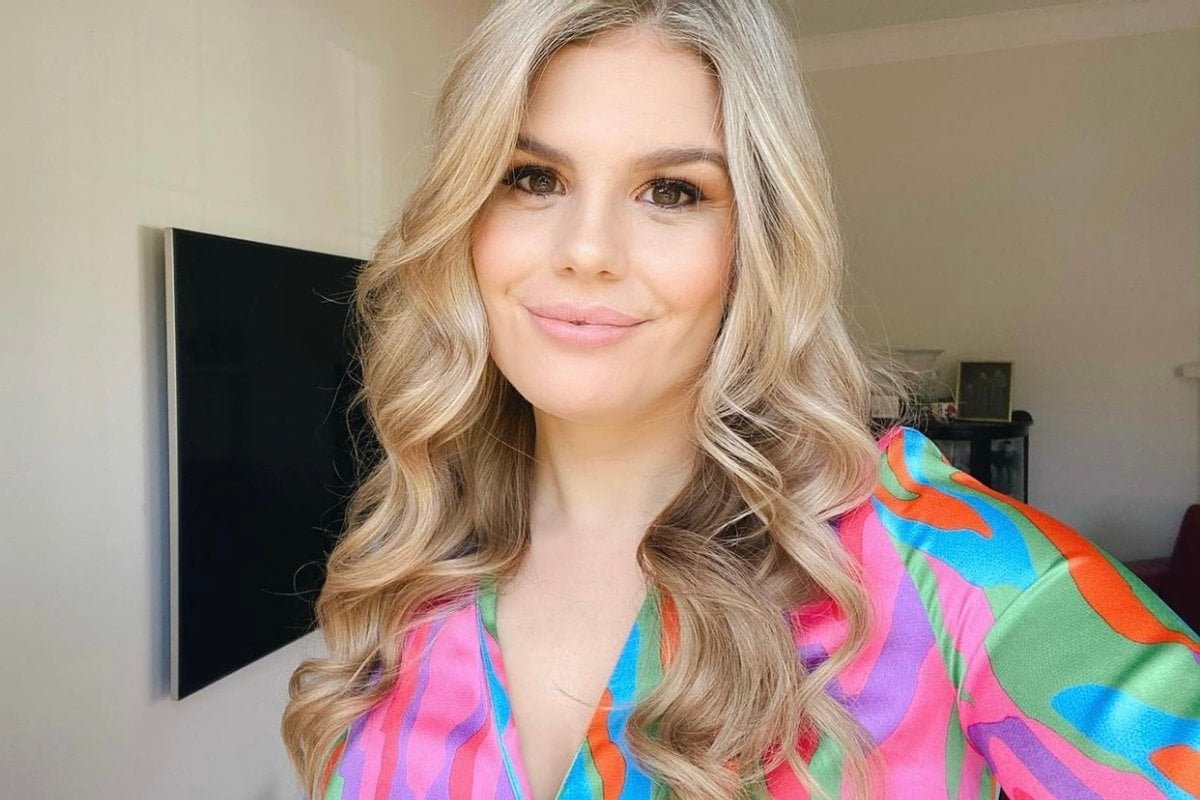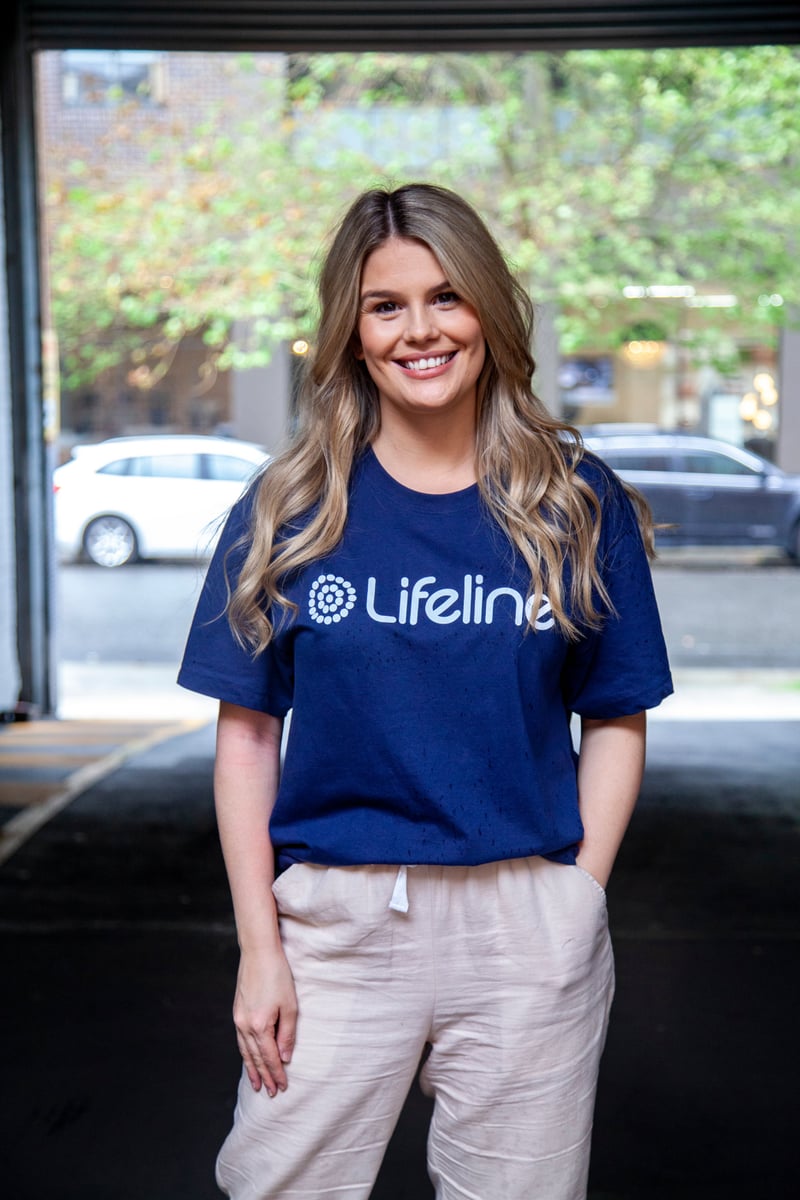
This week is National Volunteers’ Week. Lifeline Crisis Supporter, Tess Jackson, has penned a piece about what volunteering at Lifeline, the national charity which offers confidential, non-judgemental crisis support across phone, web chat and text, is really like. Lifeline Australia is celebrating 60 years of service in 2023.
I didn’t know what to expect when I applied to volunteer as a Crisis Supporter at Lifeline.
However, coming from a family of volunteers and seeing the devastation so many people were facing off the back of Sydney’s four-month lockdown in 2021, picking up the phone to support Australians in crisis was something I felt profoundly called to do.
Watch Dr Oz talk about why men are 'embarrassed' to talk about mental health issues. Post continues after video.
Lifeline is a national suicide prevention service that provides confidential, inclusive, non-judgemental and free crisis support. The 24-hour phone, text and web chat services help Australians facing loneliness, addiction, health issues, domestic violence, abuse, relationship issues, grief and suicidal ideation.
Our 13 11 14 crisis support line receives a call every 30 seconds – 3000 calls per day.
The call statistics initially surprised me, as behind every number is a human life. While there are 3000 people experiencing emotional distress and needing support each day, this also represents a change in the narrative around mental health issues and suicide. Opening the conversation and people honestly discussing their suicidal thoughts gives them the opportunity to take steps towards getting the help they need, and this ultimately improves their outcome.



Top Comments